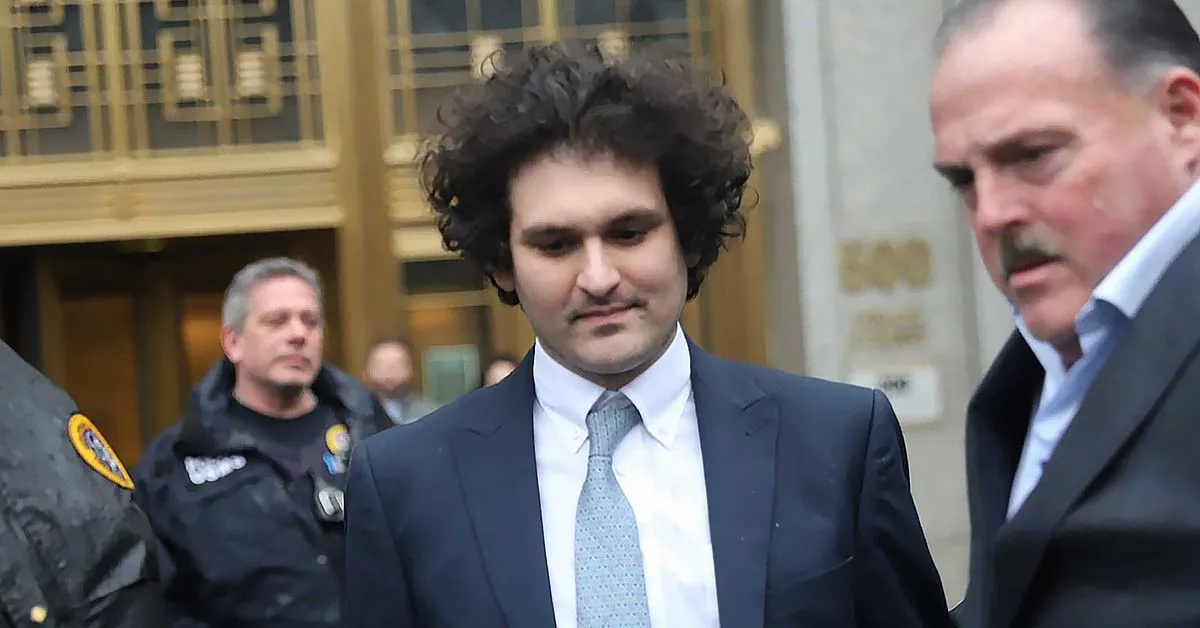The U.S. Department of Justice (DOJ) has accused former FTX CEO Sam Bankman-Fried of leaking the private diary of Caroline Ellison to the New York Times. The NYT published an article which included Ellison’s private musings, leading the DOJ to seek a ban on all out-of-court statements made by witnesses and other parties in the case. According to the U.S. Attorneys, “The defendant’s actions—sharing personal writings of Caroline Ellison’s with a New York Times reporter—implicate the core concern of Rule 23.1 that disseminating material related to the “testimony or credibility of prospective witnesses” presumptively involves a substantial likelihood or prejudice to a fair trial and the due administration of justice.” Rule 23.1(a) forbids lawyers and their agents from releasing non-public information about a case if it is likely to interfere with a fair trial.
The attorneys argue that an order restricting extrajudicial statements is necessary due to the intense media attention this case has received and the defendant’s attempt to manipulate media coverage to his advantage. They also say that the defendant’s actions may taint the jury pool and constitute harassment of Ellison, as well as deter other potential trial witnesses from testifying due to fear of public humiliation and personal discrediting.
This request comes as FTX’s interim leadership has filed a separate civil case against Bankman-Fried, Ellison, and other executives seeking to recover cash and reverse transactions that are collectively worth over $1 billion. Allegations in the lawsuit include Bankman-Fried diverting $10 million of FTX.US funds to his personal account, his brother Gabriel planning to buy the island nation of Nauru with foundation funds, and over $100 million being donated politically using mixed company-customer funds. Ellison, according to the suit, gave herself a $22.5 million bonus during a major FTX cash crisis.
